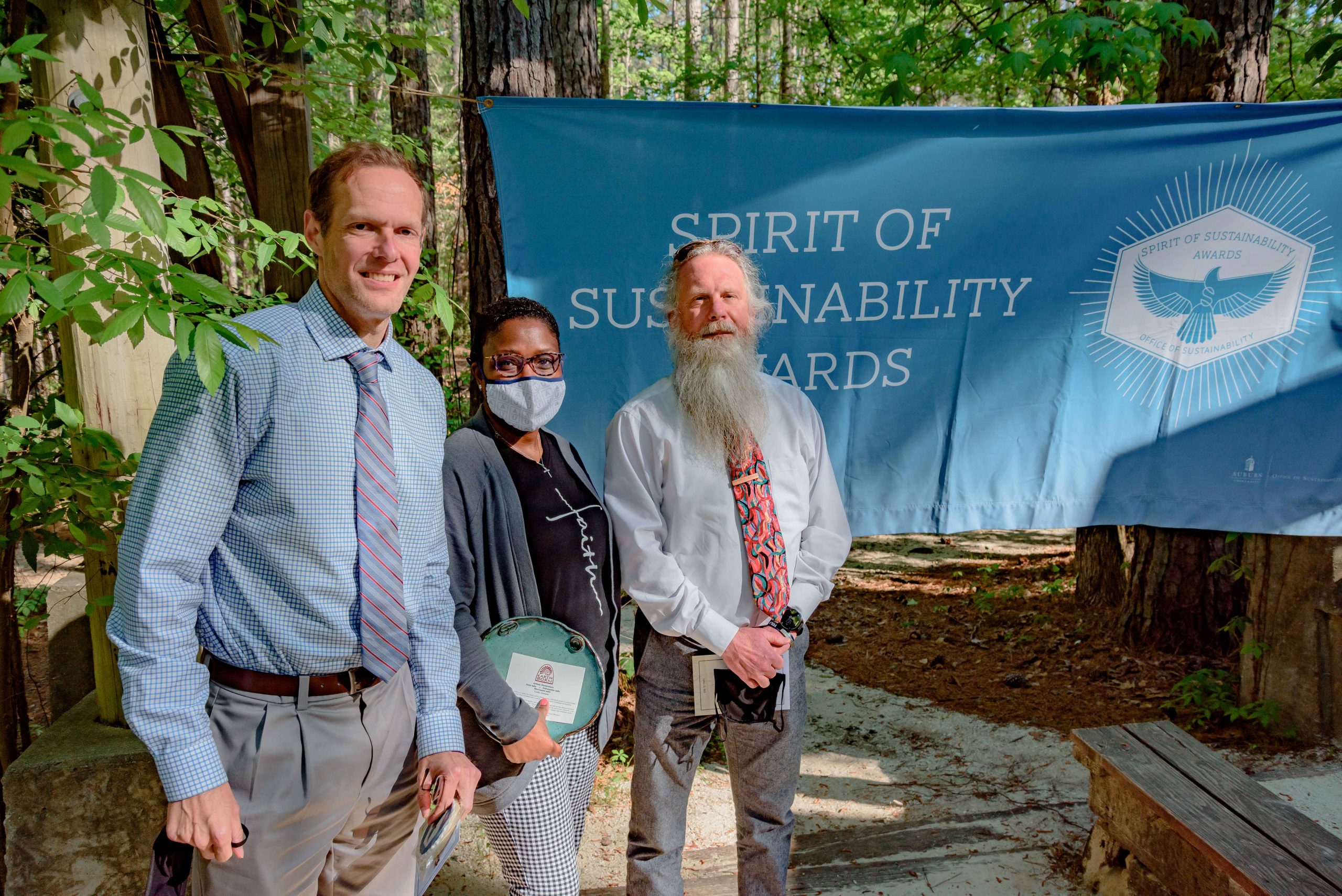Group ~ Auburn University, Auburn, Alabama
It is well known that college students suffer a significant amount of anxiety and stress. Since March of 2020, COVID-19 has made things substantially worse. For years, Student Counseling & Psychological Services (SCPS) has offered accessible and comprehensive mental health services to Auburn University students at no cost to them. Given the impact of the COVID-19 pandemic on the wellbeing of all of us, delivering mental health services to Auburn students became more important than ever.
When the COVID crisis exploded in March 2020, SCPS had to rethink how its staff would offer and deliver services to Auburn students. Despite changing conditions and the need to deliver services virtually, SCPS has, from the onset, consistently and creatively provided mental, emotional, and social support without interruption.
SCPS staff had a steep learning curve to be able to offer high-quality services through a virtual medium.

Adapting required a complete overhaul of the intake process, on-call clinician access, scheduling, and so on. In the midst of new learning and operational processes, SCPS was able to keep up with demand and avoided almost all waitlists. SCPS increased outreach efforts by 45%, bringing services proactively to students and student groups.
SCPS created virtual help rooms that students could access three times a day on the internet, including a space to engage in fun fellowship activities (e.g., dance parties, cooking recipes). Students in quarantine could call and speak to a counselor immediately, twenty-four hours per day, seven days per week.
Virtual meeting places were created where students could vent their frustrations associated with online learning, as well as spaces for students who were grieving because they had lost a loved one to COVID-19. Other virtual help rooms were designed to help students to improve motivation, focus, organization, and activity in a virtual environment.
SCPS also hosted “brave spaces” for those in particular need, like Black students dealing with racial injustice and for Resident Assistants who struggled with the unique stresses of enforcing physical distancing and mask-wearing in the residence halls.
Student Counseling and Psychological Services will continue to use virtual counseling and outreach, as the reach to serve students has actually expanded through the use of virtual forms for delivering care. In sum, SCPS worked to discern students’ needs and respond with professional care and will continue to do so long after the pandemic ends.




